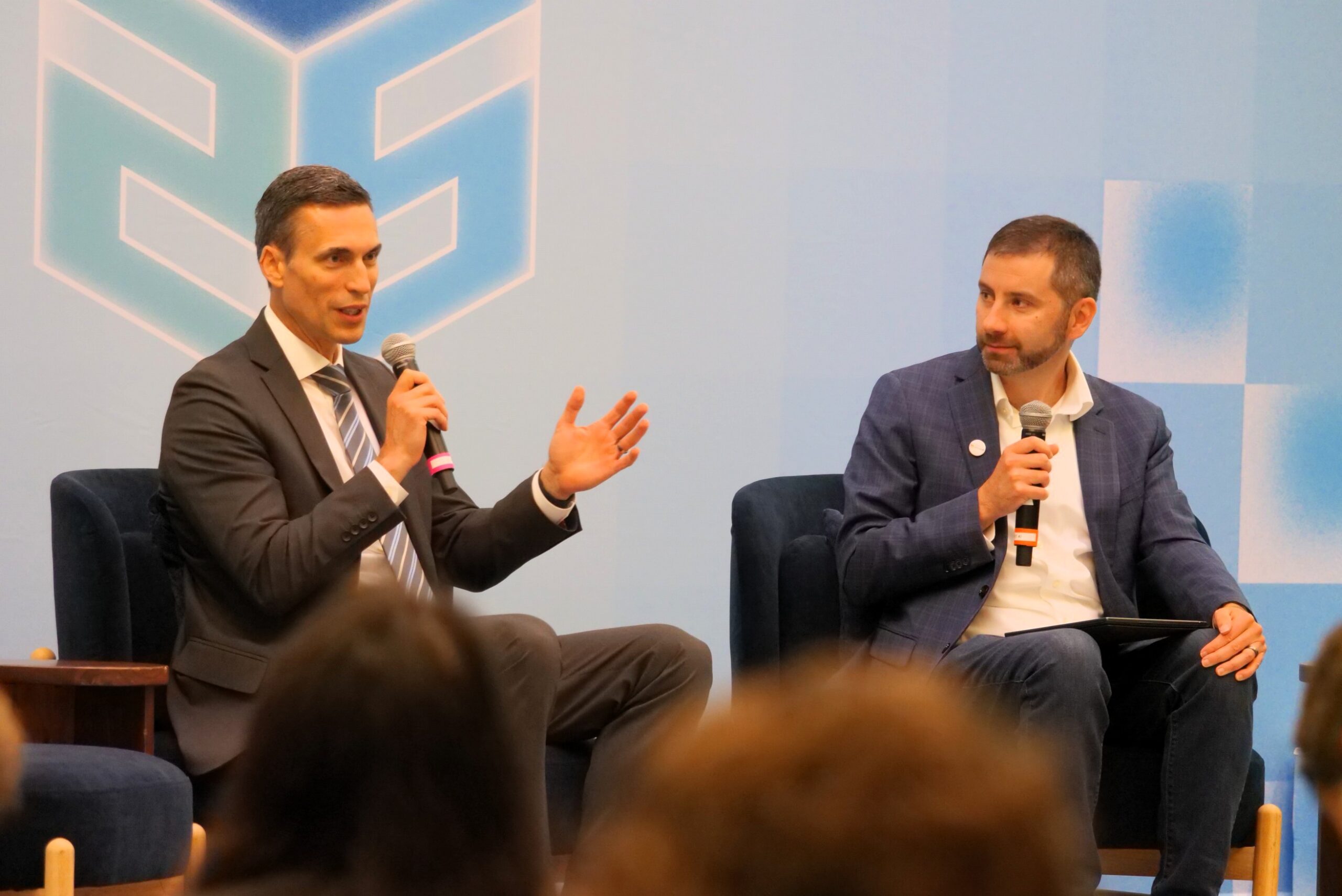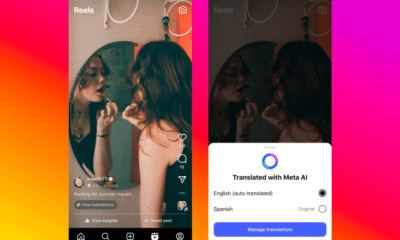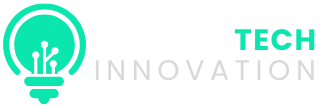Microsoft
Microsoft’s Copilot Evolution: AI as a Collaborative Team Player

Microsoft Expanding Human-to-Human-to-AI Collaboration
In a recent conference at Microsoft’s headquarters, Jared Spataro, the company’s chief marketing officer for AI at Work, announced plans to delve deeper into “human-to-human-to-AI collaboration,” hinting at upcoming features that allow seamless integration of AI into teamwork.
Previously, AI-based work was seen as a solitary endeavor, but with the introduction of Copilot Pages in Microsoft 365, a multiplayer AI collaboration canvas, the company is gearing up for a more expansive approach. Partnerships with entities like OpenAI are also on the horizon.
Microsoft faces stiff competition from the likes of Google, Slack, Zoom, and various AI startups, all of whom are introducing chatbots and agents for collaborative team use.
Key Highlights from Spataro’s Discussion:
- AI Redefining Job Roles: AI is breaking down traditional job barriers, enabling individuals to perform tasks across different specialties, thereby enhancing their impact.
- AI and Career Development: Seasoned professionals benefit more from AI tools like Copilot, prompting some companies to reintroduce apprenticeship programs to foster effective AI tool usage.
- Quantifying AI’s Value: While personal productivity gains from AI tools might not be immediately apparent, the real return on investment is seen at the organizational level through process improvements and cost savings.
- AI’s Professional Quality: AI, exemplified by GPT-5, is proving to be a valuable thought partner, enhancing work quality and efficiency without replacing human expertise.
- Emergence of Frontier Firms: Microsoft envisions a new organizational model where humans lead while AI agents execute tasks, with three distinct patterns observed: humans with assistants, humans collaborating with agents, and agent-managed processes.
- Impact of the Pandemic on AI Development: The rapid transition to remote work during the pandemic accelerated the digitization of communication and collaboration, laying the foundation for the current AI advancements.
Overall, Microsoft is at the forefront of integrating AI into collaborative work environments, anticipating a shift towards more efficient and productive human-AI interaction.
This article is brought to you in partnership with the Microsoft Alumni Network Connect 2025 conference.
-

 Facebook4 months ago
Facebook4 months agoEU Takes Action Against Instagram and Facebook for Violating Illegal Content Rules
-

 Facebook4 months ago
Facebook4 months agoWarning: Facebook Creators Face Monetization Loss for Stealing and Reposting Videos
-

 Facebook4 months ago
Facebook4 months agoFacebook Compliance: ICE-tracking Page Removed After US Government Intervention
-

 Facebook4 months ago
Facebook4 months agoInstaDub: Meta’s AI Translation Tool for Instagram Videos
-

 Facebook2 months ago
Facebook2 months agoFacebook’s New Look: A Blend of Instagram’s Style
-

 Facebook2 months ago
Facebook2 months agoFacebook and Instagram to Reduce Personalized Ads for European Users
-

 Facebook2 months ago
Facebook2 months agoReclaim Your Account: Facebook and Instagram Launch New Hub for Account Recovery
-

 Apple4 months ago
Apple4 months agoMeta discontinues Messenger apps for Windows and macOS
































